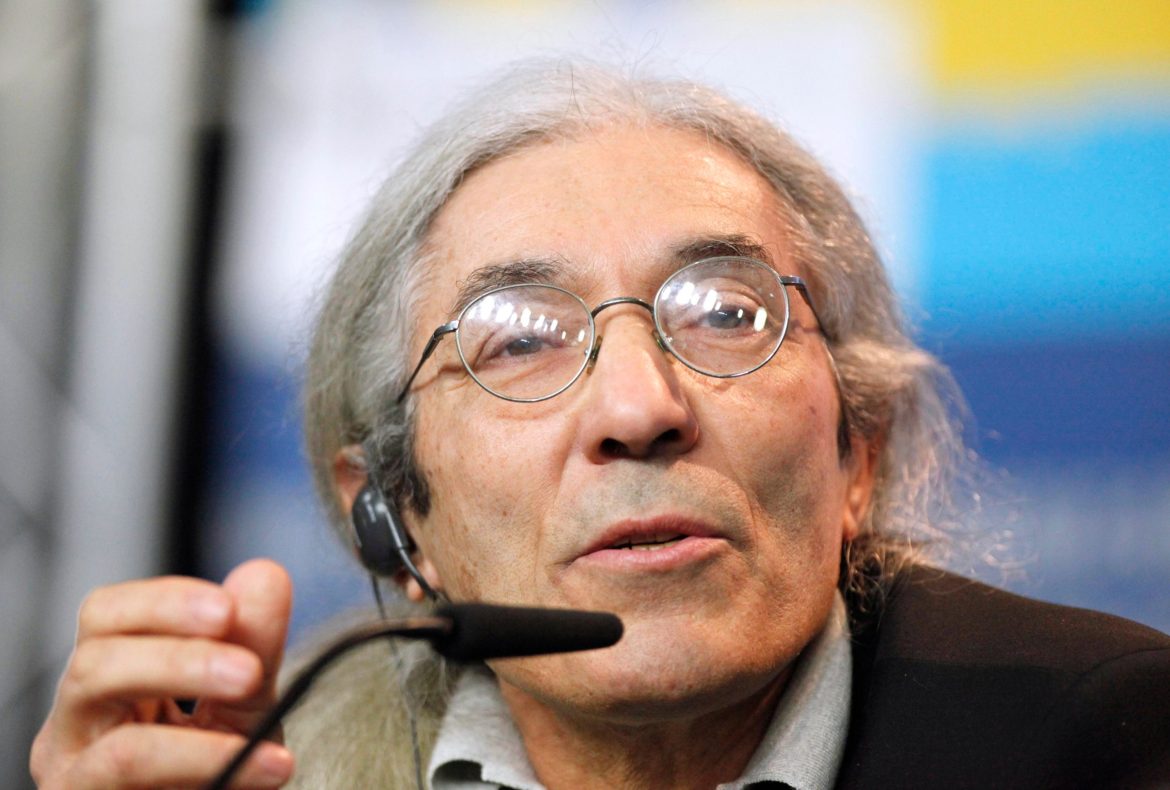An Algerian appeals court on Tuesday upheld a five-year prison sentence for prominent Franco-Algerian writer Boualem Sansal, sparking strong diplomatic responses from France, which renewed its call for clemency based on humanitarian grounds.
The 80-year-old author, widely respected for his outspoken views and literary contributions, was detained in Algeria in November 2024 while visiting from France. In March 2025, he was convicted by an Algerian lower court on charges of “undermining national unity” after remarks he made during an interview with a French media outlet were deemed to be in favour of Morocco’s stance on territorial disputes involving Algeria.
Sansal allegedly endorsed Morocco’s view that parts of Algeria’s territory were historically Moroccan but annexed by France during colonial rule and then handed to Algeria. His statements touched on the disputed Western Sahara issue, a flashpoint in Maghreb geopolitics, especially since France recently recognised Morocco’s sovereignty over the region—an act that significantly damaged its diplomatic ties with Algiers.
Though Sansal denied any wrongdoing, saying his statements were made within the bounds of free speech, Algerian authorities interpreted his comments as a direct challenge to the territorial integrity and historical narrative of the Algerian state. Sansal insisted he never intended to offend Algeria, his country of birth, or threaten its unity.
In response to Tuesday’s ruling, the French Foreign Ministry issued a formal statement expressing regret over the appeal court’s decision. The ministry reiterated that Sansal is a French citizen and that his prosecution over expressions of opinion contradicts the principles of freedom of expression and human rights.
“France regrets the appeal court’s decision to impose a prison sentence on our compatriot Boualem Sansal, which maintains the sentence handed down by the lower court,” the ministry said, adding, “We urge the Algerian authorities to show clemency and seek a swift, humanitarian, and dignified solution, especially given his age and health condition.”
French President Emmanuel Macron had already called for Sansal’s release back in March, describing his conviction as a “grave concern” and a potential violation of international standards on freedom of opinion. France has continued to raise the issue in diplomatic exchanges, but the decision to uphold the sentence on appeal signals Algeria’s unwillingness to back down on what it views as sovereignty and national identity issues.
The case has become emblematic of escalating tensions between Algiers and Paris, which have been strained in recent years over a range of contentious matters—including France’s acknowledgment of Morocco’s sovereignty over Western Sahara, Algeria’s refusal to readmit Algerians deported from France, and a series of diplomatic expulsions on both sides.
Analysts say Sansal’s detention and sentencing are likely being used as a political signal by the Algerian government to assert its position on issues of territorial history and post-colonial memory—especially amid renewed scrutiny over France’s colonial legacy in North Africa.
Sansal, who has written extensively on authoritarianism, extremism, and post-colonial North Africa, is the author of several acclaimed novels, including The German Mujahid and 2084: The End of the World. His works often blend literary fiction with bold political critique and have earned him both international literary awards and domestic controversy.
Human rights organisations have condemned his conviction as a clear violation of free speech. Advocacy groups such as PEN International and Reporters Without Borders (RSF) have demanded his immediate release, calling the charges politically motivated and part of a broader pattern of repression of dissent in Algeria.
In recent years, the Algerian government has intensified its crackdown on critics, independent media, and civil society groups. The use of vague and broad charges like “undermining national unity” has become increasingly common in cases involving journalists, writers, and opposition voices.
It remains unclear whether President Abdelmadjid Tebboune’s government will consider France’s appeal for clemency. So far, Algerian officials have not issued a statement following the court’s decision. Meanwhile, Sansal’s legal team has not confirmed whether any further appeals or international legal actions are being pursued.
As the diplomatic standoff continues, observers warn that cases like Sansal’s could deepen the rift between Algeria and France, with potential consequences for trade, migration cooperation, and security collaboration in the wider North African region.
